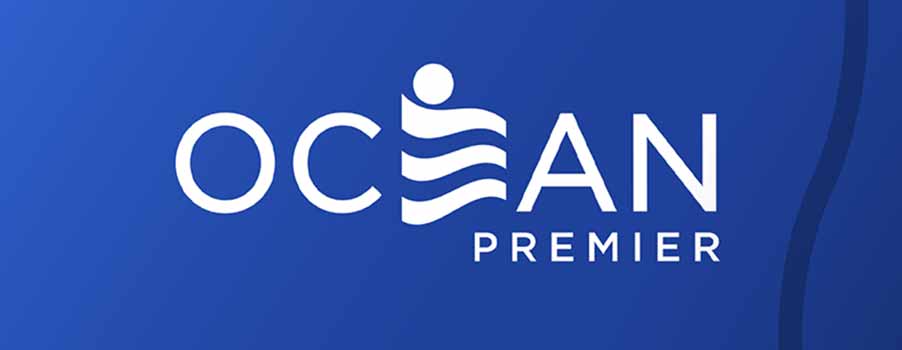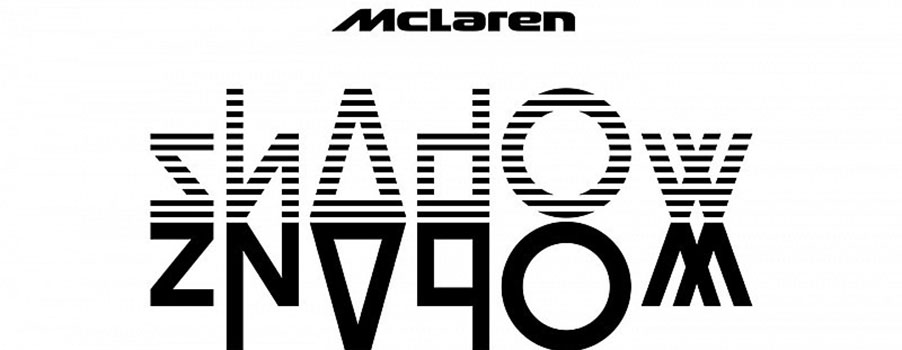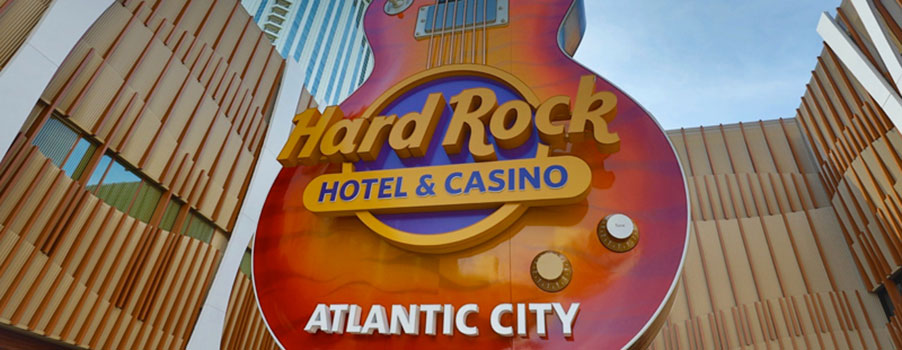In just two weeks, New Jersey’s gambling options have seen a significant expansion that began with the relaunch and grand openings of Atlantic City’s previously closed casinos. Hard Rock and Ocean Resort went live on June 28 with Hard Rock launching its online casino offering later that day. Ocean Resort has not been left behind and on Tuesday the casino operator officially unveiled its much-anticipated online gaming platform when it removed the “under construction” banner from OceanOnlineCasino.com.
The online casino is currently in the process of a soft launch with the limited gameplay being imposed for the first few days. There are already a number of promotions available on the websites as well but the online casino is yet to begin featuring the “full offering” of its online gaming services.
Big Gain for GAN
For its online casino venture, Ocean Resort Casino partnered with GAN, a B2B internet gaming software developer, and supplier. Ocean Resort will be utilizing GAN’s technology to deliver a converged online and on-property gaming experience to the casino’s guests via its Ocean Premier loyalty program. The offering will allow the guests to trade their reward points earned from on-property gaming for cash when they switch to the online casino. Similarly, the Ocean Resort online casino customers will also be able to redeem the rewards points earned from online gaming at the brick and mortar Atlantic City casino.
“Ocean Resort Casino is a fabulous casino property, unarguably offering the best quality gaming & hotel in Atlantic City, which has now been optimized for success by the new ownership and leadership. We’re privileged to bring this immense property to life online, just as it relaunches in the traditional retail casino market. We’re excited to deliver not just another ‘me too’ Internet casino, but to also bring online for the first time the capabilities unlocked only by GAN’s convergence Patent which may give casino patrons in New Jersey a compelling economic rationale to play online with Ocean Resort Casino rather than established incumbent casino operators already online in this fast-growing market. Ocean Resort Casino is anticipated to be material to GAN’s revenue and earnings in H2 2018,” commented Dermot Smurfit, the CEO of GAN.
What to Expect
At launch, the casino began by offering over 50 slots, a decent number of table games including blackjack and roulette as well as 8 different versions of video poker. The online casino also includes a dedicated section where customers can access online games which can also be played in the land-based casino.
“GAN delivered efficiently and cost-effectively for Ocean Resort Casino and possesses a strategic patent which will give Ocean Resort Casino a competitive advantage with casino guests in Atlantic City who also choose to gamble online. Furthermore, GAN’s proven platform, ‘dual-mode’ Simulated Gaming, as well as real money Internet gaming and track record of client success in the New Jersey market, are among the many reasons we chose GAN to bring Ocean Resort Casino online in 2018,” Ocean Resort Casino CEO, Frank Leone pointed out.










